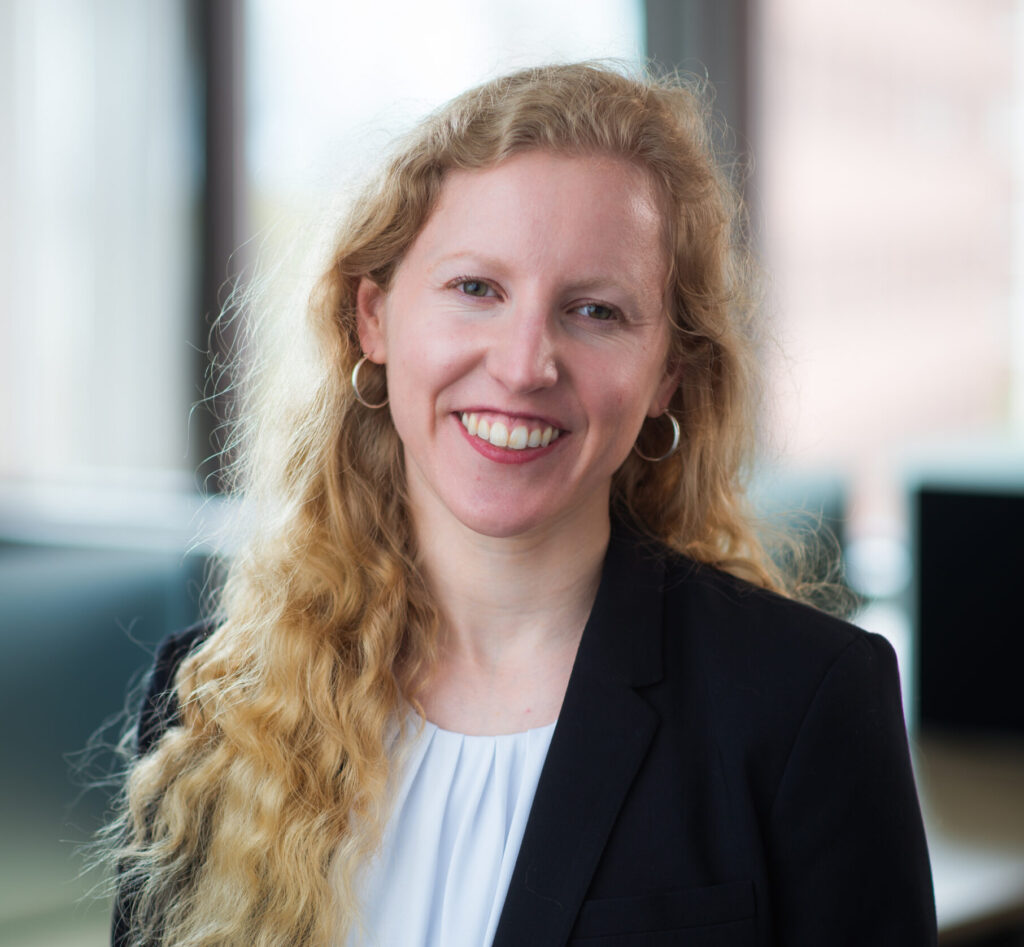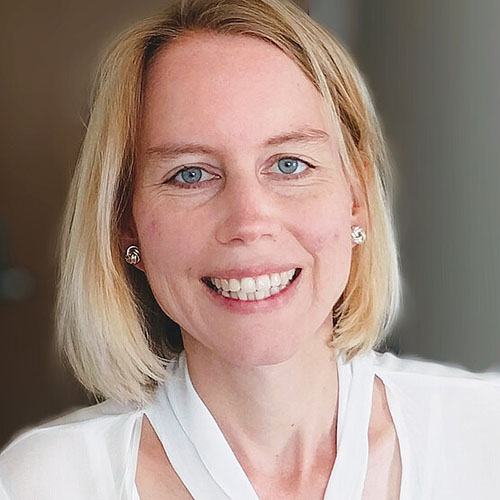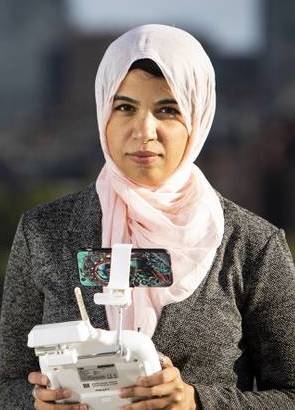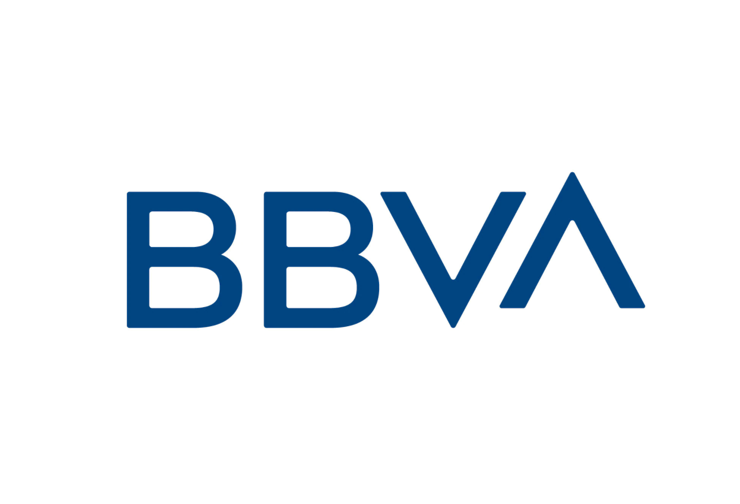Test Impact Area
Who’s studying this
Research Scientist, Amazon Robotics
Associate Professor, Electrical Engineering and Computer Science; MIT School of Engineering
George Maverick Bunker Professor of Management Associate Professor, Operations Management; MIT Sloan School of Management
Leading MCSC Seed Awards Project: Carbon sequestration through sustainable practices by smallholder farmers
Professor in the Department of Mechanical Engineering and Director of the Sloan Automotive Laboratory
Leading MCSC Seed Awards Project: Powertrain and system design for LOHC-powered long-haul trucking
Schmidt Science Fellow, MIT













